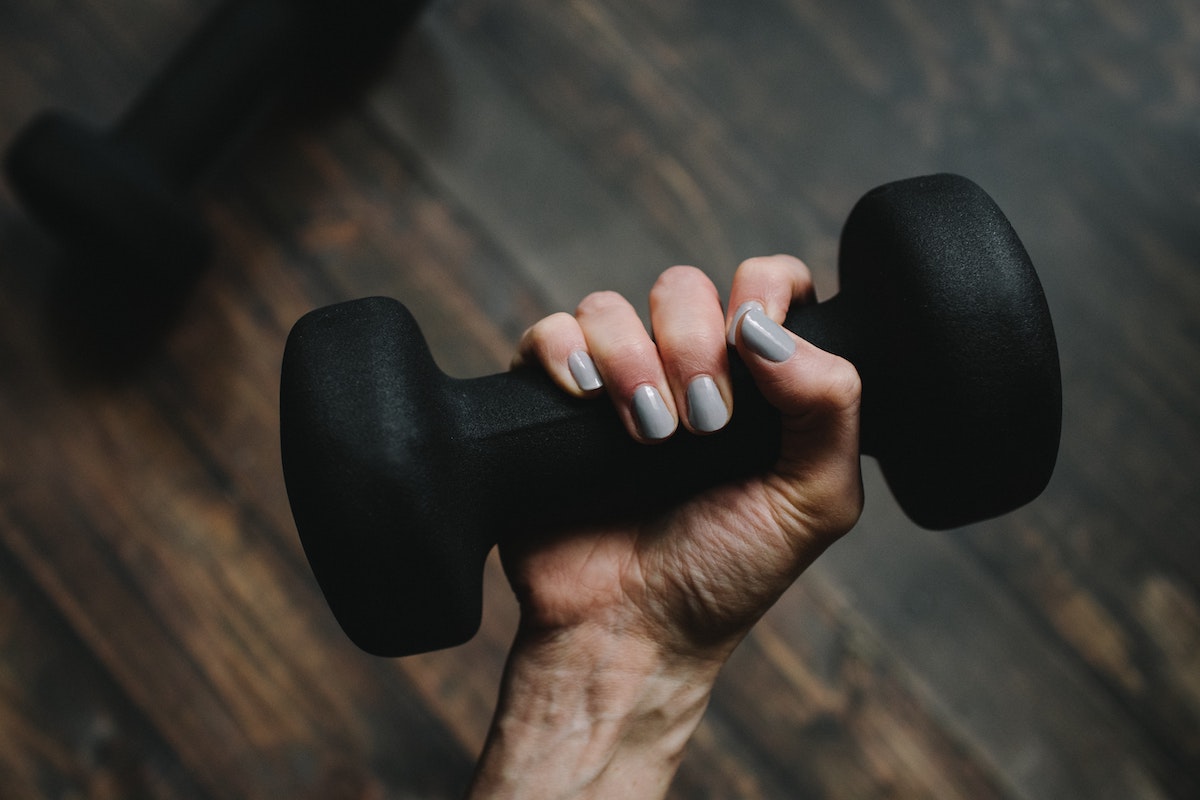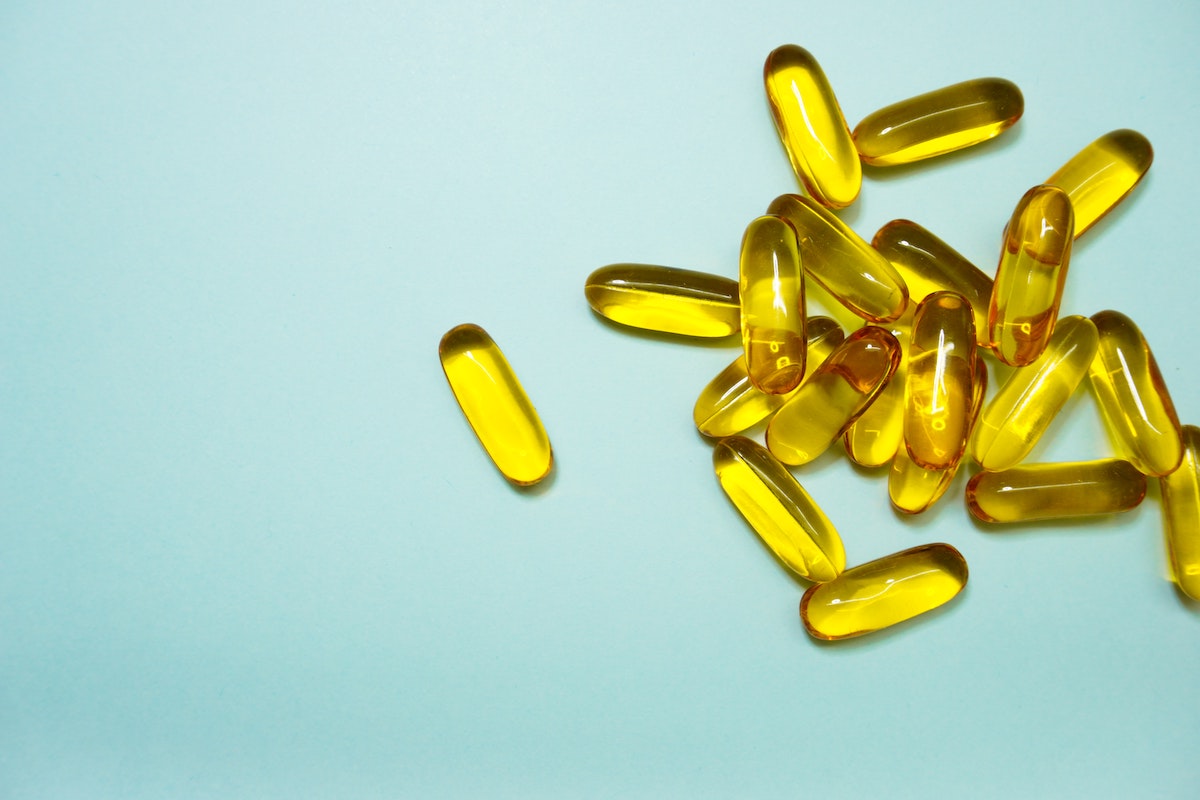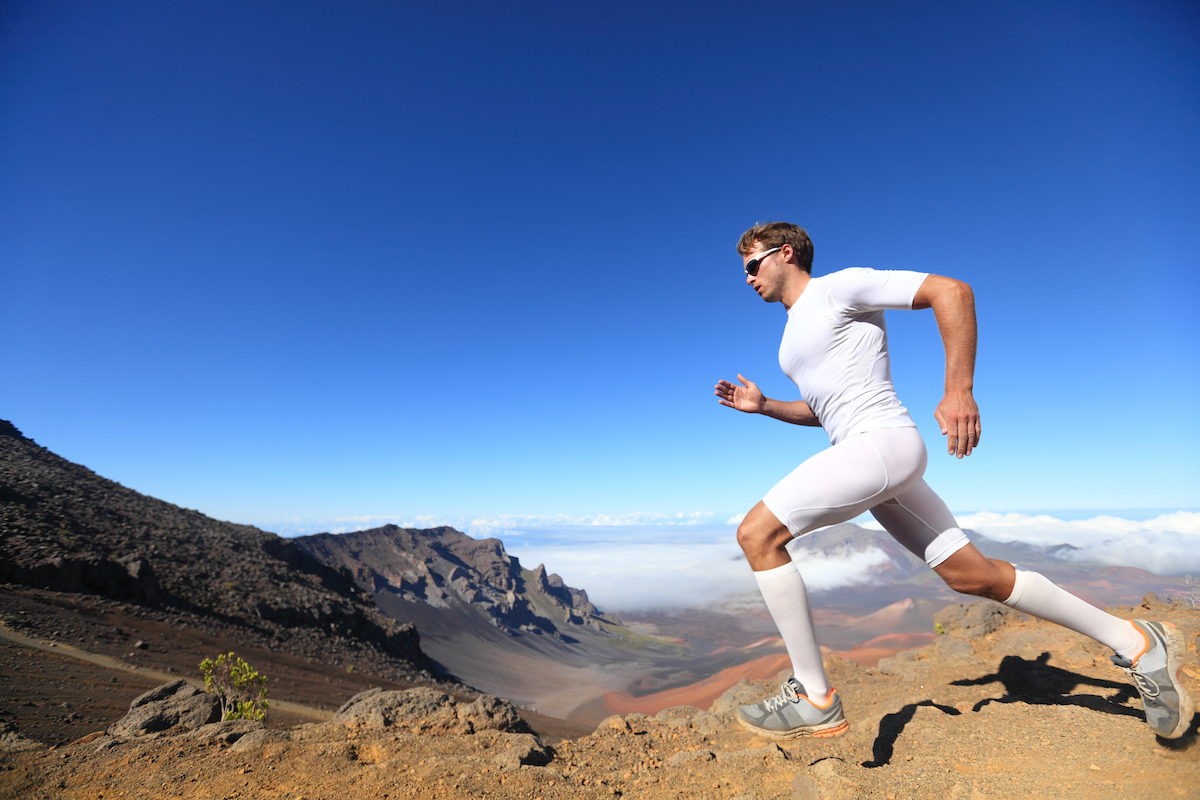Endurance athletes are always trying to push further; in the gym, on the track, in the field or anywhere else. Strength, will and fortitude can only take your performance so far — you also need to pay close attention to your diet and the nutrients you’re getting on a daily basis. And if you’re only considering your protein intake, you could be missing out on a key nutrient that supports athletic performance: vitamin E.
Here’s what you need to know about the role vitamin E plays in the performance of endurance athletes.
Prolonged exercise is a catalyst for free radicals
There’s no debate that moderate exercise is a healthy practice. When your exercise habits cross into exhaustive territory — as it often does for endurance athletes — things get tricky in terms of free radicals and the stress they place on the body.
Endurance exercise generates free radicals. As you push your body to its limits and damage tissues, free radical levels rise both during and after your grueling workouts. Although many athletes focus on recovery (prioritizing adequate cooldown, boosting protein intake, maintaining hydration and getting enough sleep), it’s also important to focus on inner recovery.
We’re talking about antioxidation.
During intense workouts, a specific type of free radical, Reactive Oxygen Species (ROS), forms in the body. As these free radicals form and search the body for healthy cells to bond to, the oxygen molecules they carry cause negative reactions with healthy cells, leading to DNA, RNA and protein damage. ROS also disrupts hormone production, which is especially troublesome for bodybuilders and endurance athletes working hard to pack on muscle mass.
If your body starts producing more ROS than your antioxidant defenses can keep up with, you not only put yourself at risk for reduced performance in the gym, but also for serious diseases like diabetes, cancer, heart disease and more.
Free radical damage can detract from exercise results

It only makes sense that you want to be rewarded for the time and effort you spend at the gym or wherever you choose to exercise. Unfortunately, free radical damage can stall your progress, regardless of how hard you’ve pushed yourself.
Free radicals formed from the extensive stress of endurance training can cause cellular damage and cell death. They directly impede the body’s ability to heal itself and to grow stronger.
As you’re trying to develop endurance, your body is fighting an unseen battle. The more often and more vigorously you train, the more likely it is for free radicals like ROS to build up in your body. Your cells need help in the form of antioxidants — and vitamin E can provide it.
Vitamin E is a powerful antioxidant
In recent years, vitamin E has gained traction as a powerful antioxidant that reduces and moderates free radical levels throughout the body. As you absorb vitamin E from dietary sources or supplements, your body stores it to use on an as-needed basis.
Whenever your body senses the presence of free radicals, it releases antioxidants like vitamin E to stop them in their tracks and prevent them from harming healthy cells.
How can antioxidants do this? Free radicals like ROS are essentially searching for stable molecules to bond to. Antioxidants like vitamin E donate electrons to stabilize free radicals, neutralizing them and preventing premature cell death. This, in turn, helps the body recover properly.
With adequate antioxidant levels, your body can devote its resources to repairing the damage from the workout and building your endurance, instead of fighting a free radical invasion.
Supplementation of vitamin E is key

Most people in general, athletes and couch-potatoes alike, don’t absorb enough vitamin E from dietary sources alone. Several whole foods are rich in vitamin E, including nuts, pressed oils, fatty fish and avocado, but the majority contain fatty oils — something most endurance athletes want to avoid.
Unfortunately, the high fat content of vitamin E-rich foods comes from the very nature of the vitamin itself. It’s a fat-soluble vitamin stored in fat cells, which means athletes won’t excrete it while they’re working out — from sweating or constant hydration.
Some simple dietary adjustments that can improve your vitamin E levels include:
- Swapping out your go-to cooking oil for pressed oils like hazelnut, sunflower, safflower or wheat germ oil. These oils provide up to half of your recommended daily vitamin E intake in a single serving, but they’re also high in fat.
- Even the most determined of athletes can’t resist a snack now and then. Eat nuts like almonds, peanuts and hazelnuts. They all contain moderate levels of vitamin E.
- Leafy greens are calorie-free and good for you in so many ways. Swiss chard, turnip greens and beet greens contain small amounts of vitamin E, helping you increase your daily intake without increasing your macros.
Endurance athletes typically follow lean, protein-rich diets, which limits their ability to consume delicious but fatty whole-foods like avocados and fish. Rather than add more calories and fats to their diet, many choose to supplement with vitamin E. They still get all the antioxidant, inflammation-reducing benefits of this important nutrient without making any substantial changes to their already-restricted diet.
Consult with a nutrition professional before supplementing
Boosting your daily vitamin E intake pays dividends when it comes to enhancing endurance and performance, both in and out of the gym. If you’re interested in raising your vitamin E levels, but don’t want to increase your intake of calories and fat, supplementing may be an ideal solution.
Always seek the advice of a medical professional before incorporating a new supplement into your diet. This is especially important for endurance athletes who likely have stricter dietary demands than the average person. Only a medical expert can determine whether supplementing is right for you.
If your doctor determines that taking a vitamin E supplement could benefit you, make sure you do your research and select an all-natural option that offers enhanced bioavailability. Bioavailable supplements derived from pure and natural sources will give you the most bang for your buck—and help you take your endurance to the next level.




